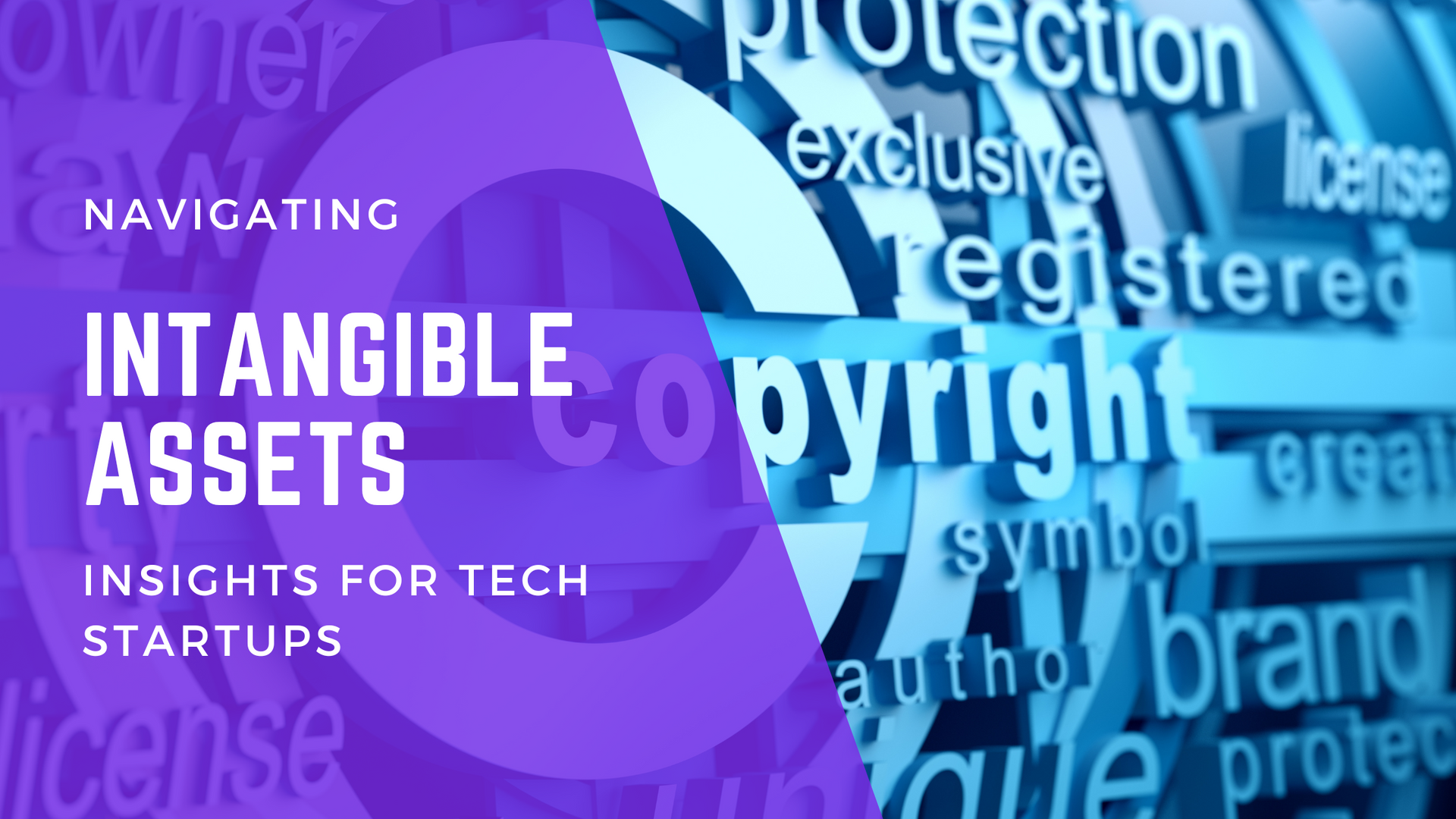What R&D expenses can be claimed back?
What can be claimed back?
R&D Tax Relief allows companies to claim certain costs associated with qualifying research and development (R&D) activities. Here are some of the main costs that can be claimed on an R&D tax claim in the UK:
Employee Costs
The salaries, pension costs, and employer National Insurance contributions for employees directly engaged in R&D activities can be claimed. This includes not only researchers and scientists but also supporting roles like project managers, technicians, and administrative staff who contribute to the R&D project. If your company uses staff provided by external agencies for R&D activities, the costs associated with these individuals can also be included in the claim.
Subcontractor Costs
If you subcontract R&D work to external parties, the payments made to them for qualifying R&D activities can be claimed.
Consumable Items
The cost of materials and consumables used directly in the R&D process can be claimed. This could include items like chemicals, software licences, prototypes, and other materials that are essential for the R&D project.
Software Costs
If your R&D activities involve purchasing or developing software directly used in the project, the costs associated with it can be claimed.
Utilities and Power
The costs of power, water, and fuel used directly in the R&D process can be included in the claim.
It's important to note that the costs being claimed should be directly attributable to qualifying R&D activities. Proper documentation is crucial when making an R&D tax claim. This includes records of the R&D projects, technical challenges, staff involved, project timelines, and financial records supporting the claimed costs. To get your claim right, it’s never too early to speak with a Tax Advisor!
How much is an R&D tax credit claim worth?
The tax credit rate for the R&D Tax Relief scheme depends on whether the company is classified as a small or medium-sized enterprise (SME) or a large company. The tax credit rates differ between these two categories.
R&D tax credits are determined by your investment in research and development activities. To perform an R&D credit calculation, you must pinpoint eligible expenses and enhance them by the applicable rate. This yields your ‘enhanced expenditure.'
By subtracting your enhanced expenditure from your taxable profits or incorporating it into your losses, you will achieve:
- A reduction in Corporation Tax if your company is generating profits.
- A cash credit if your company is operating at a loss.
- Or a blend of both outcomes.
SMEs
You can claim tax relief if you’re a SME with:
- less than 500 staff
- a turnover of under 100 million euros or a balance sheet total under 86 million euros
SMEs that incur losses can seek reimbursement of up to 18.6p for every £1 spent on eligible R&D.
For R&D-intensive entities with financial losses (classified as those investing a minimum of 40% of their overall expenses in qualifying R&D), the potential reimbursement escalates to 27p for each £1 spent on qualifying R&D undertakings.
The average SME claim made in the 2020/21 tax year was
£53,282
National Statistics, HMRC
Large Companies
Large companies are able to claim 20p for every £1 spent on qualifying R&D activities.
Why engage with a Tax Advisor?
The eligibility criteria and rules for claiming R&D tax relief can be complex, consulting with tax professionals or experts who are well-versed in the UK's R&D Tax Relief scheme can help ensure that you maximise your eligible claims while adhering to the guidelines and requirements.





